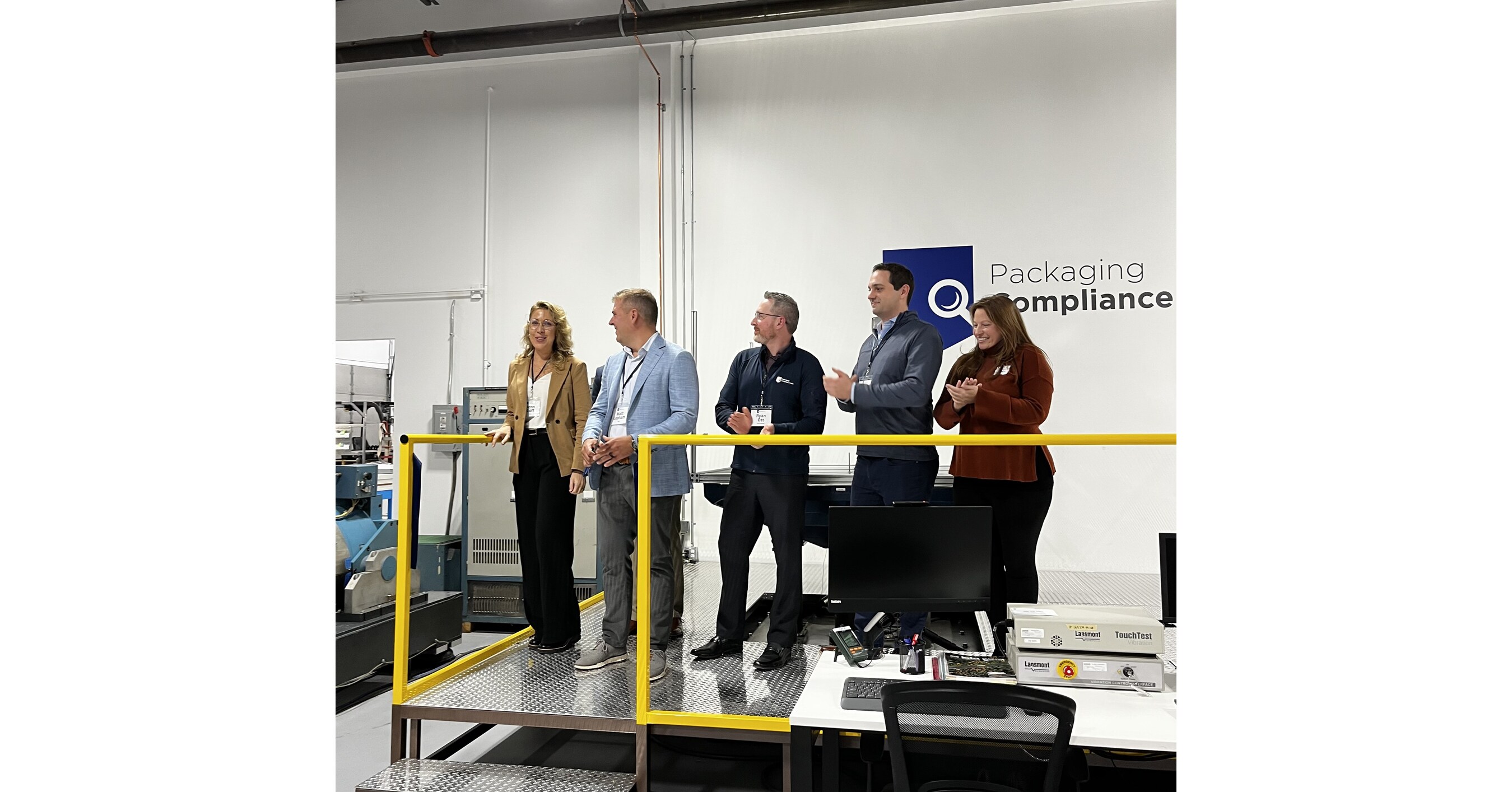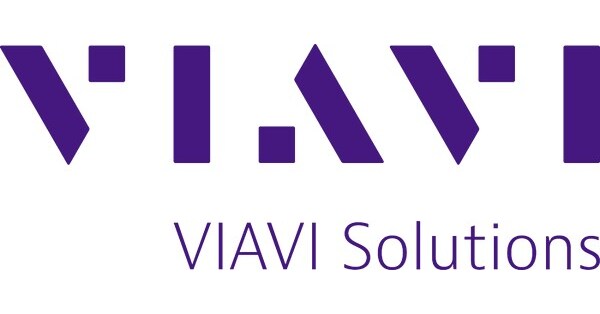Yilang Peng’s natural curiosity about people led him first to an interest in journalism.
As an undergraduate, he nurtured a parallel passion by studying geology, soon picking up science writing jobs as an intern for National Geographic in his native China.
By the time he came to the United States in 2012, where he eventually completed his doctoral studies in communication at the University of Pennsylvania, Peng’s broad interests began synthesizing around the field of computational social science.
In short, he uses machine learning — “training” computers to analyze data on a large scale — to study how visual media shapes human behavior and decision-making, from who they vote for to the food they eat.
Call it a perfect blend of Peng’s longstanding curiosities about science and people.
“I’ve always been interested in human psychology,” said Peng, an associate professor in the College of Family and Consumer Sciences. “The more involved I got in this process, the more I realized people actually have a very complicated decision-making process, one that’s not solely based on knowledge, but also their backgrounds, their emotions and their feelings toward the scientific community and different issues. It’s a very dynamic and complex process.”
Peng has used computer vision to analyze thousands of images ranging from politicians’ Instagram posts to food influencers’ portrayals of high-calorie meals to the “photorealism” of Artificial Intelligence Generated Images (AIGI) on social media.
Hint: it’s getting increasingly difficult to distinguish AI-generated images from real photographs.
Another recent research paper studied the “fitspiration” trend on Instagram — images that supposedly promote a healthy lifestyle by showing inspiring examples — to measure the impact of objectification on viewers’ body image.
His work earned him the university’s Charles B. Knapp Early Career Scholar Award this year and he has been featured in Forbes, the Washington Post and on ABC.
Peng’s research findings help illuminate the growing problem of misinformation and trust in media, while shedding light on how people form opinions and make decisions based on social and other forms of visual media.
“This issue has evolved over time,” he said. “A lot of issues are becoming more and more polarized, so trying to understand why people think in this way and why they support this issue versus that issue is highly needed.”
A prolific researcher, Peng also teaches courses on social entrepreneurship and consumer analytics, helping students apply data science to better understand human psychology and how people navigate the often overwhelming information environment.
Peng said it’s critical students are taught skills needed to stay ahead of the evolving technology, such as being able to identify and evaluate AI “hallucinations,” or its tendency to produce inaccurate or misleading information.
“We have to have this kind of experimental vision, thinking of myself as an entrepreneur in education,” Peng said. “This new technology is changing the way we do data analysis and storytelling, but we still have to lay a very solid foundation for these students.”
He credited today’s students for being “very creative” and open-minded about new technologies but said it’s just as important they develop critical thinking skills to know how to leverage them.
“Thinking about how I approach this issue, it is not only about the technology itself, but also about trying to help students develop a way of thinking about how to approach it,” he said. “It’s really about mindset and what kind of creative solutions they can bring to the table and embracing new opportunities.”






